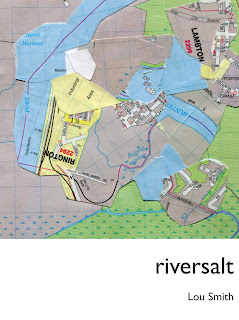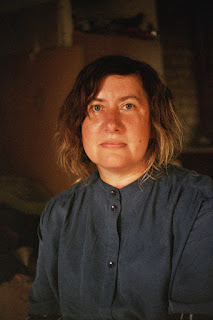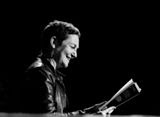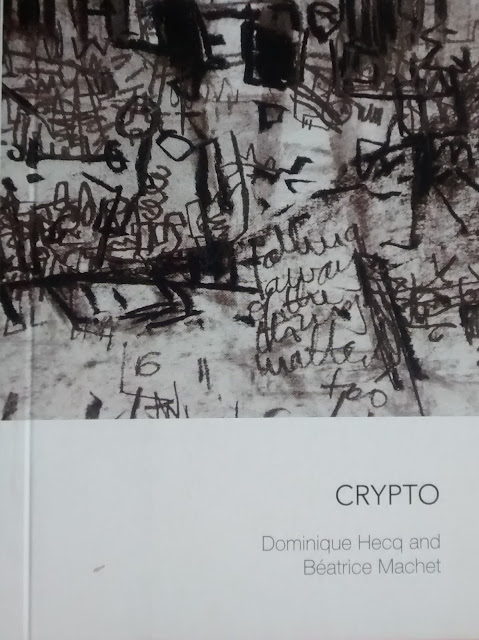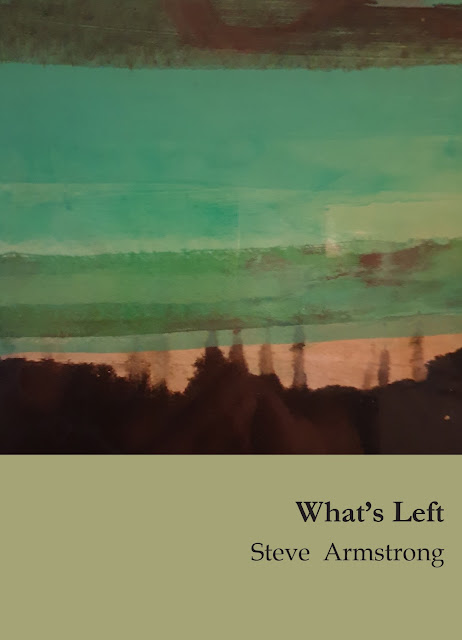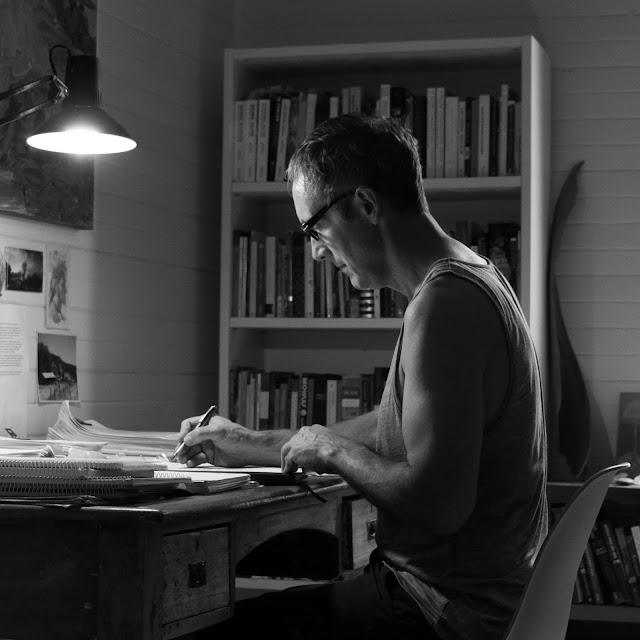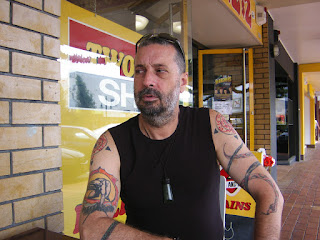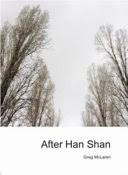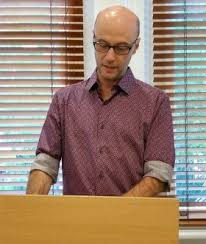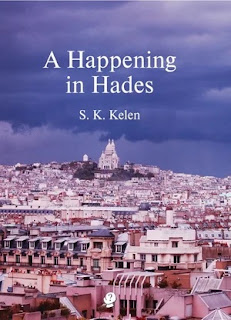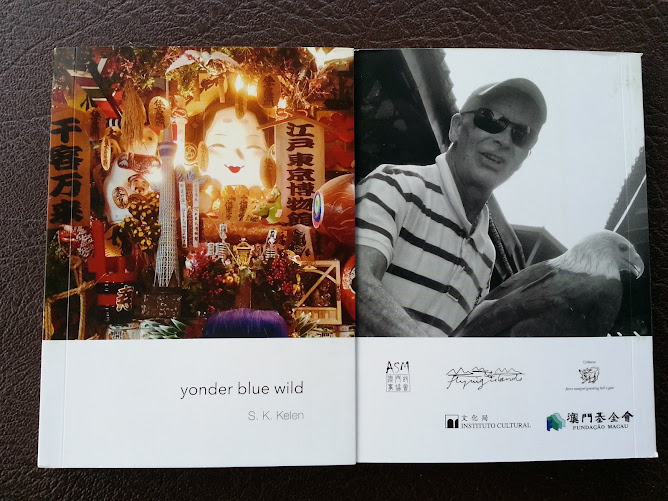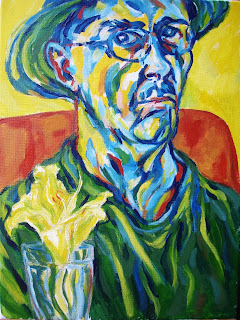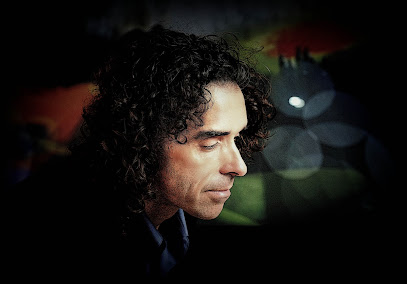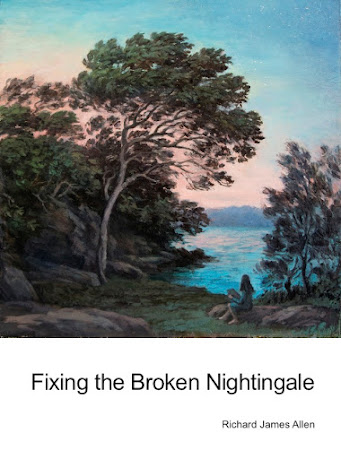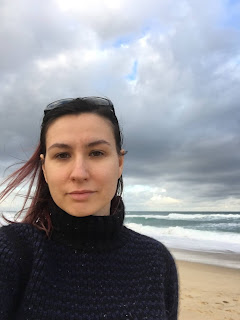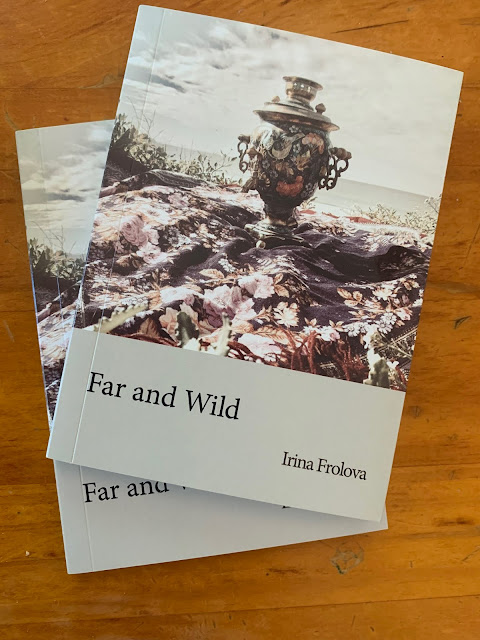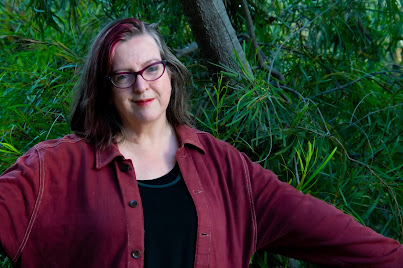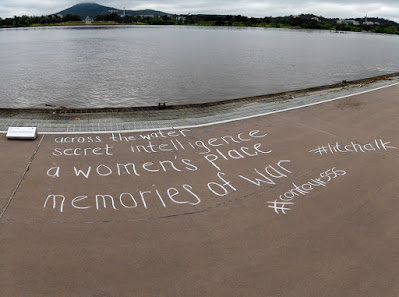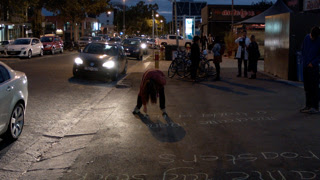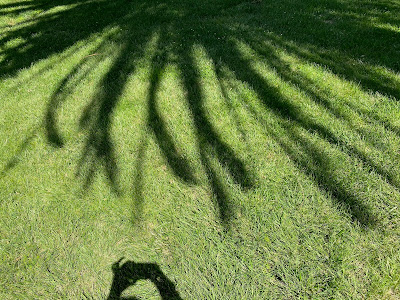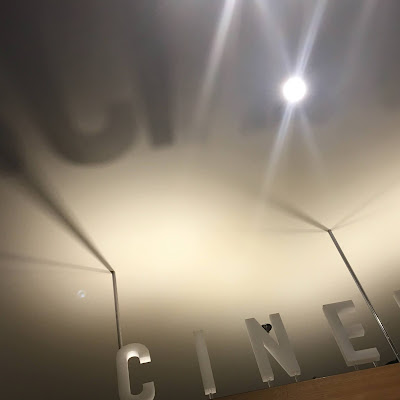S. K. Kelen is an Australian poet who enjoys hanging around the house philosophically and travelling. His works have been widely published in journals, ezines and newspapers, anthologies and in his books. Kelen’s oeuvre covers a diverse range of styles and subjects, and includes pastorals, satires, sonnets, odes, narratives, haiku, epics, idylls, horror stories, sci-fi, allegories, prophecies, politics, history, love poems, portraits, travel poems, memory, people and places, meditations and ecstasies. A volume of his new and selected poems was published in 2012. His most recent book of poems, A Happening in Hades, was published by Puncher & Wattmann in 2020.
S. K. Kelen’s Flying Islands’ pocket book is Yonder Blue Wild (travel and places 1972 – 2017)
Three poems from Yonder Blue Wild:
Kambah Pool
A bend in the river, water’s clouded by green mud
Deep, really deep, good for proper swimming.
These days only children see spirit life
Work and play, see a world invisible to adults
Clear and just, a solar system glows every grain
Of sand and kids crush evil in one hand,
Until growing up evil comes again.
The light dappling the water surface
Reveals some native spirits’ power
Derives from fireflies. Gumnut babies
Fuss and fight give a lesson how funny
Is the futility of conflict. Children see
That crazy old spirit Pan left his shadow
Hanging from a tree and reflection
Drinking at the river, the old goat’s galloped
Way up mountain, leaps cliff to cliff
Grazes on blackberries growing in the scrub
Gazes over his Murrumbidgee domain.
All glands and rankness, his shaggy coat
Putrid with the smell of ewes, wallabies,
Kangaroos, still a monster, he’ll take
A bird bath later. Dirty musk fills the air
Like a native allergy, tea trees blossom
As he passes, kangaroos lift their heads
Breathe deep his scent and there are dogs, too.
When the kids see Pan they go gulp
If dads could see him they’d beat him to pulp.
You might not see but the musk stench
Wafts on the breeze. Currawongs squawk
The inside-out salute, warble a tone of pity
For the brute. The immigrant god moves inland—
Raucous the cockatoo never shuts up.
Letting Go
The train pulled into Madurai station early
in the morning. She stepped onto the platform
rubbed her eyes dazzled by the sunlight turning
the world white like a clean cotton sheet
she breathed deeply the morning’s incense
and thought it’s true you can smell India all the time.
The morning grew hotter and the light whiter
and the railway platform led to a street
made of dust compacted by a thousand years’
wheels, hooves and feet, the pavement
exploded with ramshackle stalls selling snacks
and bits and pieces, the lime painted buildings,
every now and then a garlanded Shiva or Ganesha.
(Brahmin cows strolled where they damn well pleased).
Thousands of people flowed out of houses
to join the crowd in the street all laughter
and gossip; children ran up hawking
gaudy drinks in plastic bags and paper cones
filled with nuts while old men sold boiled eggs
shouting that their eggs were the best eggs
and some beautiful women in beautiful saris
made tea and offered a cup for fifty rupee.
And in the corner of an eye: the urchins.
Lady Beggar stretched out her hand
breathed slowly a mute scream
performed the first asana from the book
of starvation yoga. Her eyes implored
yet mocked, her lips begged and sneered
her curving right arm pointed
to her mouth then her baby’s mouth,
pointed at her belly then her baby’s belly
she unleashed hunger’s slow ballet,
muttered soft pleas that hypnotised
and tugged the strings a good heart
holds in abundance (there are
many roads to heavenly realms,
not all pleasant). ‘Madam,’ she sang,
‘please madam, just a few pennies
and I can live a while—and my baby’
then the suburban woman’s eyes widened
as she emptied her purse of annas and cents
the beggar yelled delight
suddenly in the air there was a fragrance
like palm wine spilled on a balmy night.
A wild haired man with birds and insects
nesting in his elephantine legs
pointed at the mynah chicks chirping there
shouted ‘Benares! Benares!’
He received her fresh Indian banknotes
with laughing gratitude—
the next fifteen poor souls she gave
all her American dollars & pounds sterling.
The crowd of beggars grew.
Because they were hungry they laughed like crows—
she opened her suitcase and gave away her clothes
signed off the travellers cheques one by one, each
with a teardrop, threw away her camera like a bouquet
and bought every ragged child an ice cream.
The dusty streets are hot with the story.
A young girl asks ‘Can I have your earrings, madam?’
and is given them. A boy runs off with her laptop.
Then it is all white light then out of the light steps
a ragged King Neptune trident in hand
steps lightly through the crowd, waves the beggars on.
‘You are very kind madam those wretches
will live on your money like gods for a day or two
Your hand please — she stared at him and saw
his eyes not only held special intelligence
they reached into her. She came to
and grappled for her master card — lucky.
Her wide eyes narrowed and saw
no matter what she gave away she wouldn’t save
the world, it was weird what she had just done.
The sadhu’s eyes burned like suttee pyres, his muscles
tightened like ropes beneath the dusty rags—in another life
he’d have been a star or a psychopath—
here, he was a strange man in a strange land
He bowed nobly and hailed a taxi.
Megalong Valley
The gods banned machines from ever
entering the last pure tract of Megalong.
Here, even bracken’s picturesque
& the whipbird, breathless
with the beauty of it all,
is silent, reverential.
There’s a waterfall
splashing a rainbow
you walk under
that’s always there and will be
until the earth or sun shifts
sandstone cliffs, a kookaburra
laughs from gorgeous gloom
up & down, up & down.
